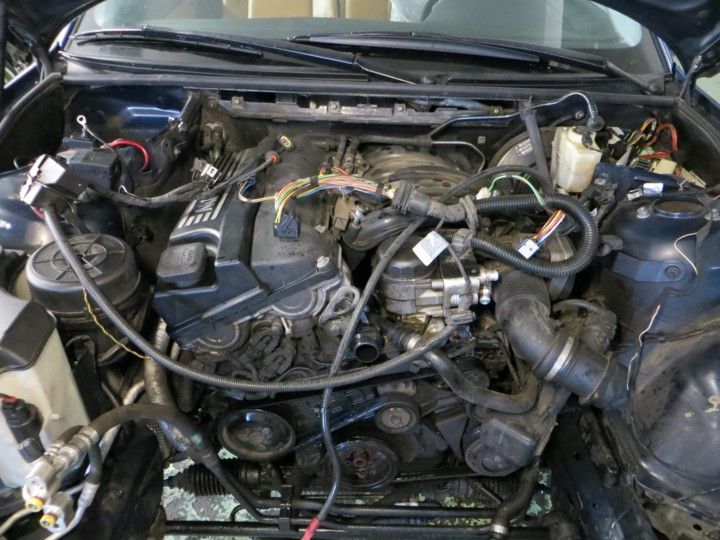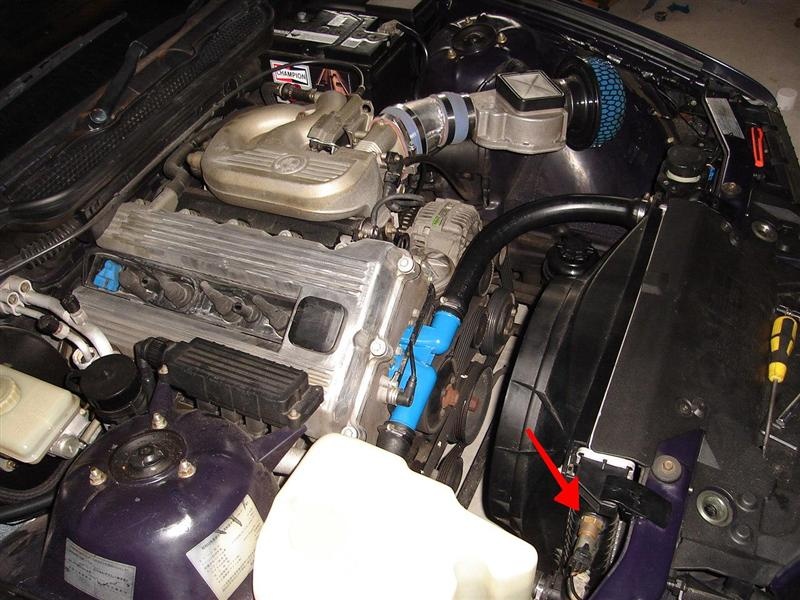Why the BMW 318ti Is a Leading Selection for Auto Enthusiasts
Why the BMW 318ti Is a Leading Selection for Auto Enthusiasts
Blog Article
Key Functions to Look for When Purchasing an Engine for Automotive Applications
When considering the purchase of an engine for automotive applications, numerous vital features require careful evaluation to make sure optimum performance and functionality. From power and efficiency abilities to sustain performance, adherence, and resilience to exhausts standards, each facet plays a vital duty in identifying the engine's viability for details vehicle demands.
Power and Efficiency
When selecting an automotive engine, buyers focus on power and performance to ensure ideal driving experience and effectiveness. The power result of an engine, usually gauged in horsepower (HP) or kilowatts (kW), determines the acceleration, leading speed, and total capabilities of a lorry. Greater power ratings normally result in quicker acceleration and far better performance, particularly during overtaking or carrying heavy lots. Performance, on the various other hand, includes a more comprehensive spectrum of attributes, including fuel efficiency, discharges, reliability, and overall driving dynamics. A well-performing engine not only delivers power effectively but likewise runs efficiently throughout various rate varieties and driving conditions.
Purchasers often think about the engine's torque output alongside its power score. Torque, gauged in pound-feet (lb-ft) or Newton-meters (Nm), shows the engine's rotational force, influencing the lorry's capacity to tow, climb inclines, and increase from dead stop. A balance between power and torque is vital for achieving a versatile and responsive driving experience. In addition, elements such as engine hybrid, turbocharging, and displacement innovations play significant roles in boosting both power and efficiency degrees. Eventually, selecting an engine that uses a powerful combination of power and efficiency makes certain a effective and rewarding driving experience. bmw 318ti.
Gas Effectiveness
Maximizing fuel performance is a critical factor to consider for customers when assessing automotive engine choices. The performance of an engine directly influences operating expense and ecological footprint. One crucial element affecting gas efficiency is the engine's style and modern technology. Modern engines with attributes like direct gas shot, turbocharging, and variable valve timing can dramatically enhance fuel performance by improving burning processes and minimizing energy loss. Furthermore, the general weight of the engine and lorry, as well as the aerodynamics, play vital duties in identifying gas consumption.

Toughness and Reliability
Attaining lasting efficiency and reliable procedure is important for customers evaluating the toughness and reliability of vehicle engines. When taking into consideration an engine for automobile applications, durability refers to the engine's capacity to withstand wear, anxiety, and harsh operating conditions over an extensive period. Dependability, on the various other hand, indicates that the engine can regularly do its intended feature without unexpected break downs or failings.
Customers should search for engines created with top quality materials additional hints and exact engineering useful site to guarantee long life. Components such as bearings, crankshafts, and pistons should be resilient to deal with the engine's power outcome without early wear. In addition, engines outfitted with advanced cooling systems, effective lubrication, and robust filtering mechanisms tend to show higher degrees of reliability.
Normal upkeep and adherence to producer recommendations are additionally important variables in protecting an engine's sturdiness and dependability. By adhering to maintenance schedules, using suggested fluids, and addressing any kind of concerns quickly, customers can make the most of the lifespan and performance of their automobile engines. Inevitably, focusing on longevity and integrity in engine option can result in an extra rewarding ownership experience with fewer unanticipated disruptions.
Exhausts Compliance
Guaranteeing conformity with discharges guidelines is a crucial facet of examining vehicle engines for ecologically mindful customers. With enhancing concerns regarding air quality and environmental influence, rigorous emissions requirements have been put in place globally to lower unsafe pollutants released right into the ambience. When acquiring an engine for automotive applications, it is important to consider its discharges conformity to lessen the carbon footprint and comply with lawful demands.
Modern engines are furnished with advanced exhaust control innovations such as catalytic converters, exhaust gas recirculation (EGR) systems, and discerning catalytic reduction (SCR) to minimize harmful exhaust gases like nitrogen oxides (NOx), carbon monoxide (CO), and hydrocarbons (HC) These systems play an important role in guaranteeing that the engine fulfills the specified exhausts requirements and runs within allowable limits.

Cost-effectiveness
When considering auto engine acquisitions, evaluating cost-effectiveness is paramount for customers looking for both performance and value. It incorporates the total costs related to upkeep, gas usage, and potential repairs over the engine's life-span.
One trick facet of cost-effectiveness is gas effectiveness. Engines that are designed to make best use of fuel economic situation can cause significant savings over time, especially for people who drive regularly or over cross countries. In addition, thinking about the availability and price of spare components and servicing can add to the overall cost-effectiveness of an engine. Making certain that repair and maintenance are easily accessible and reasonable can stop unexpected economic burdens down the line.

Final Thought
In verdict, when buying an engine for vehicle applications, it is critical to consider essential functions such as power and efficiency, gas dependability, efficiency and sturdiness, discharges compliance, and cost-effectiveness. These factors are important in guaranteeing that the engine meets the requirements of the vehicle and runs effectively in numerous driving problems - bmw 318ti. Making an educated decision based on these criteria will ultimately bring about a effective and successful automotive engine purchase
From power and efficiency capacities to fuel performance, adherence, and toughness to emissions criteria, each element plays an important role in establishing the engine's viability for specific auto demands. Engines created to run on alternative gas such as electric power, hybrid systems, or biofuels can supply enhanced fuel economic climate and lower exhausts compared to conventional fuel content or diesel engines. Consumers should very carefully consider the gas efficiency rankings and technologies included into automotive engines to make enlightened buying decisions that straighten with their priorities for expense financial savings and sustainability.
When considering an engine for automotive applications, longevity refers to the engine's capability to withstand wear, stress, and extreme operating problems over an extended duration.In verdict, when acquiring an engine for automobile applications, it is vital to consider essential functions such as power and efficiency, gas resilience, integrity and performance, discharges compliance, and cost-effectiveness.
Report this page